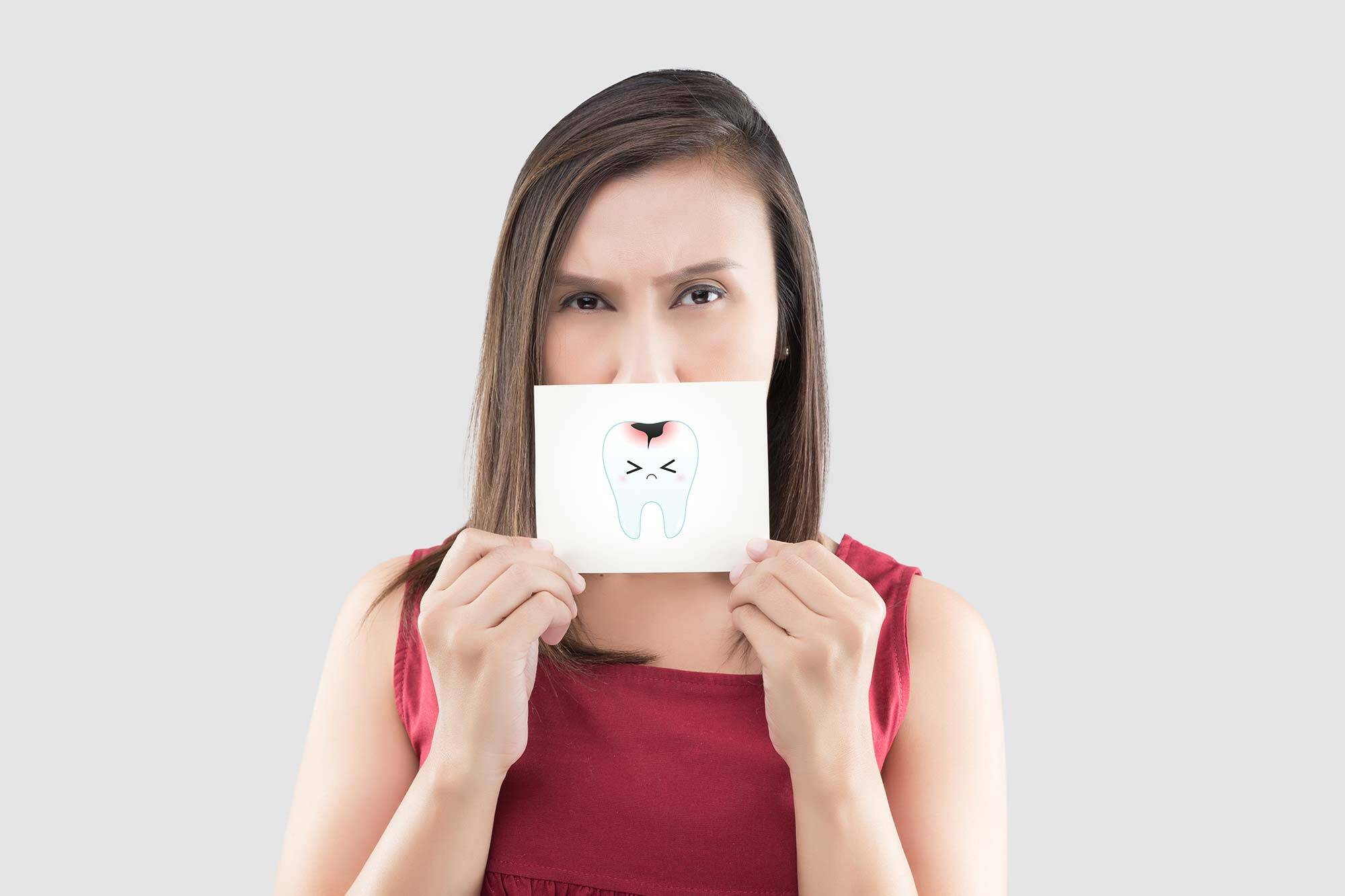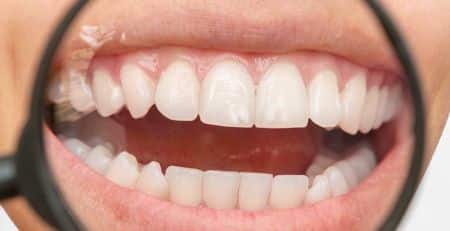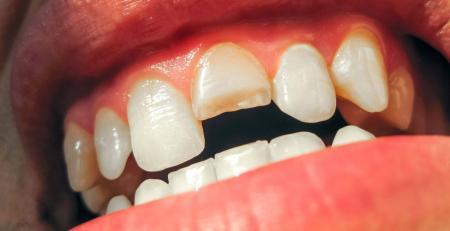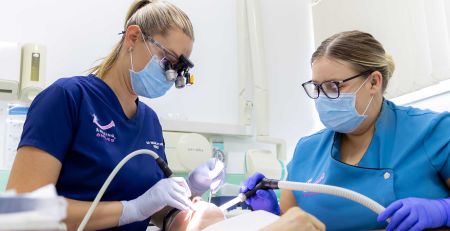Bad breath, also known as halitosis, can be caused by several factors.
Some of the most common causes of bad breath include:
- Poor oral hygiene: Not brushing and flossing regularly can allow bacteria to build up in the mouth, leading to bad breath.
- Dry mouth: Saliva helps to wash away food particles and bacteria in the mouth. A dry mouth, which certain medications or medical conditions can cause, can contribute to bad breath.
- Gum disease: Gum disease, also known as periodontal disease, can cause inflammation and infection of the gums, leading to bad breath.
- Certain foods: Foods like garlic, onions, and spices can leave a strong odour in the mouth.
- Tobacco use: Smoking or using other tobacco products can cause bad breath.
- Medical conditions: Some conditions, such as respiratory infections, diabetes, and liver or kidney disease, can cause bad breath.
The treatment for bad breath will depend on the underlying cause.
Some treatment methods for bad breath include:
- Brushing and flossing regularly: This can help to remove food particles and bacteria from the mouth.
- Using mouthwash: Mouthwash can help to kill bacteria and freshen your breath.
- Drinking water: Staying hydrated can help to prevent dry mouth.
- Quitting smoking: If you smoke or use other tobacco products, quitting can help to improve your breathing.
- Treating gum disease: If you have gum disease, it is crucial to see a dentist.
- Treating underlying medical conditions: If an underlying medical condition causes your bad breath, it is essential to see a healthcare provider for diagnosis and treatment.
- Eating a healthy diet: Avoiding foods that can cause bad breath and eating a balanced diet can help to improve breath odour.
If you have persistent bad breath that is not improved by these strategies, it is vital to see a dentist or healthcare provider for further evaluation.









